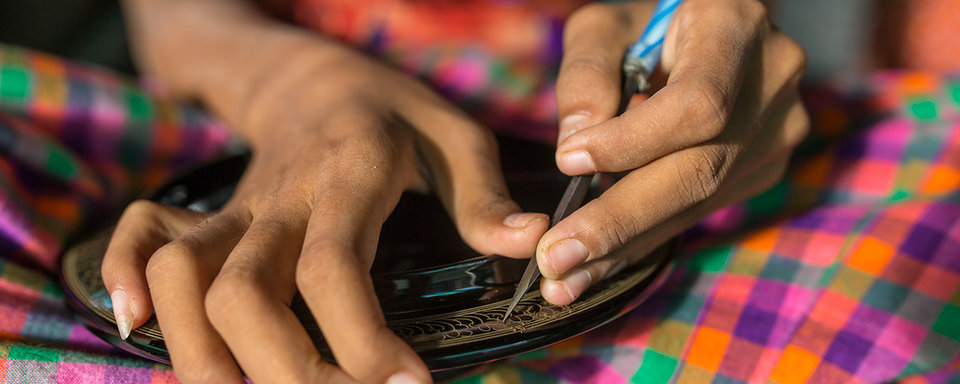The European Union (EU) imported around US$1.81bn worth of garments from Myanmar in 2017, accounting for more than half of the country's ready-made garment exports.
But in October last year, the European Commission said it was considering steps to remove Myanmar's duty-free Everything But Arms preferential trade access over the alleged ethnic cleansing of Rohingya refugees.
The ETI says international companies should not undertake operations in a country where there is a clear record of severe, sustained and abusive rights violations. But it also acknowledges global businesses have a role to play in supporting economic development, in providing decent work, and by helping to foster respect for human rights across their value chains.
The four-point plan provides guidance for international companies sourcing from or operating in Myanmar, as set out in its roadmap 'Responding to the Human Rights Crisis in Myanmar: Guidance for Responsible Businesses.'
#1: Identify possible links to the military
Brands should map their supply chains and seek to identify any connections with businesses linked to the military, its leaders or to others responsible for serious human rights violations. This requires detailed financial and human rights due diligence to explore ownership of companies in supply chains and the land on which factories may be located.
Brands should cut ties to businesses linked to the military and those responsible for serious rights violations. They should also support suppliers in conducting their own human rights due diligence.
#2: Do not appear complacent in the face of ongoing violations
Cutting ties with operations linked to the Myanmar military and others responsible for serious human rights violations does not necessarily require direct condemnation of the regime. Instead, recognise that the UN, EU and US have found a consistent pattern of ethnic cleansing/widespread rights abuses, and show that care is being taken to ensure operations comply with human rights standards, and the general welfare of the population.
Due to the lack of information on the connections between the government, military and private sector, brands should collaborate and share information on supply chains. They should be transparent on their presence and strategy in the country; and detail the extent of the due diligence conducted.
#3: Ensure workers have access to grievance and remedy mechanisms
Where protection of rights by the state is limited, impunity is rife and freedom of association severely curtailed, brands should ensure workers have access to independent and effective grievance mechanisms – and that appropriate remedy is provided where harm has occurred.
#4: Collective leverage is key
Brands should engage collectively with the Myanmar government, national trade associations and other relevant parties to make it clear that an enabling environment is not currently in place, and that this undermines their sourcing strategy.
Engagement with the EU and US on making their trade preference schemes (Generalised Scheme/System of Preferences - GSP) work is also critical. As is supporting trade unions and civil society groups in promoting freedom of association and freedom of expression; and promoting diversity, inclusiveness, gender empowerment and equality
BACK TO TOP
